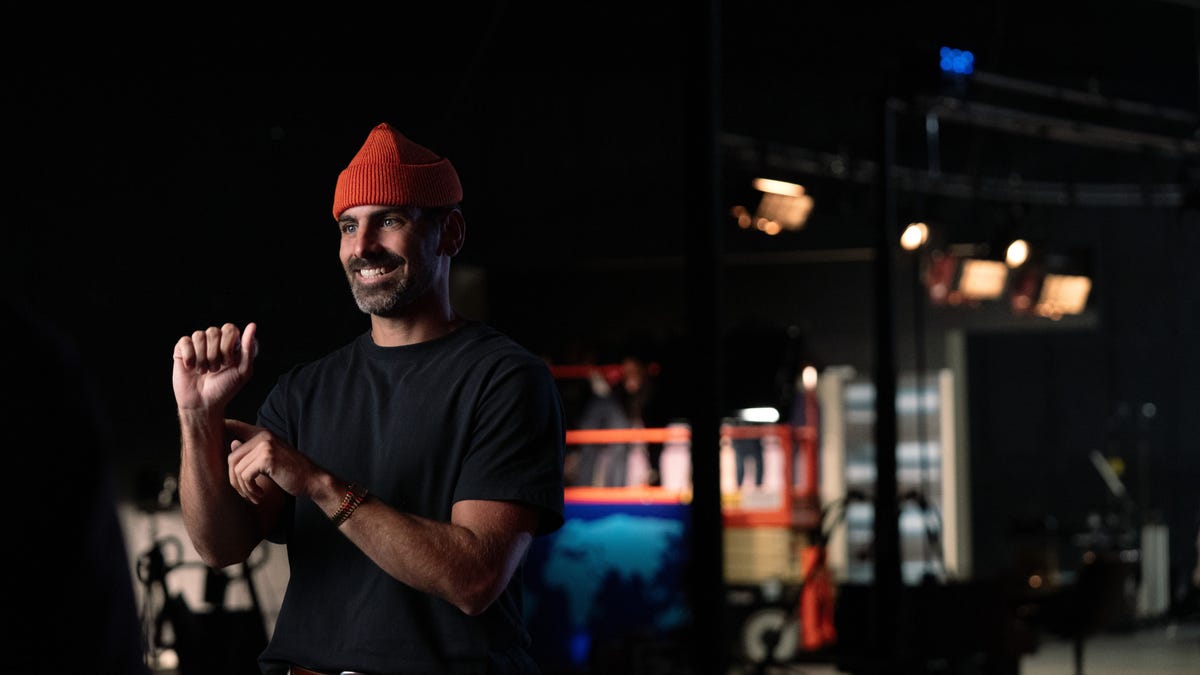‘Superman,’ Mission: Impossible,’ ‘F1’ and summer’s must-see films
USA TODAY film critic Brian Truitt releases his list of summer’s must-see films. The highlights include “Superman” and “Mission: Impossible.”
More than three decades ago, a week-long protest on a college campus caught the attention of the whole country and led to resignations of university officials.
But you probably don’t know about it.
That’s about to change with new documentary “Deaf President Now!” (streaming now on Apple TV+, home of Oscar-winning film “CODA”). It chronicles the students at the world’s only Deaf university, Gallaudet, in 1988, who fought back against the college’s decision to hire a hearing president. In its 124-year history, there had only been hearing presidents.
The students locked gates. Used buses to block the entrance. Went on national television to air their grievances. All in the name of their community.
It’s a story co-director Nyle DiMarco, Deaf actor and filmmaker, has wanted to tell for years. Initially, he and producer Jonathan King tried for a scripted version that didn’t pan out.
“The story of ‘Deaf President Now!’ was about so much more than just appointing a deaf president,” DiMarco says. “It’s more complex, more layered and contains much more nuance than what we would have been able to provide within a scripted format. And because it didn’t lend itself to really telling the story the way that we needed to, we brought it to (co-director Davis Guggenheim), who immediately said, ‘No, no, no, this has to be a doc.’”
And so it became one – one that everyone, from Deaf people to hearing people to today’s student protesters, ought to give a watch.
‘They were able to overcome those internal conflict’
Guggenheim, who is a hearing person, felt like he was pretty informed about the Deaf community when he signed on to the project. “Now, two years later, I feel even more ignorant than when I started,” he says, “meaning it’s a beautiful, complex world that I’m just a visitor in, and Nyle has been so generous to sort of invite me in.” That collaboration will mean a unique viewing experience for the audience; for hearing people, that means they will appreciate sound like a deaf person might. By vibration, for example.
“Growing up Deaf, a lot of people have this assumption that we have no relationship or interaction with sound whatsoever,” DiMarco explains, “but that’s not true. It’s not entirely lacking in our world. We just experience it in a different way.”
Appreciating differences is a key throughline in the documentary. Watching the film, one can’t help but compare it to other college campus protests, stretching from the Vietnam War to the current war between Israel and Gaza.
“When we were editing the movie, on one screen would be our characters in 1988 and then on the TV over here was, protests at Columbia and UCLA and and it was a striking, striking contrast,” Guggenheim says. The students profiled in the film, for example – Jerry Covell, Greg Hlibok, Bridgetta Bourne-Firl and Tim Rarus – didn’t all get along. But they still managed to fight for a common goal.
“They were able to overcome those internal conflicts and those differences of opinions and work together every day until they got what they wanted,” DiMarco says.
‘I don’t think there’s any one right way to be Deaf’
Not only did the protests lead to the resignation of the appointed president, Elisabeth Zinser, but also the stepping down of Jane Bassett Spilman, chair of the board of trustees of the university.
Ultimately, the students do see their Deaf president in I. King Jordan, then a dean. But not before they grew angry at him for switching back and forth between siding with students, then the university. Jordan became deaf as a 21-year-old in an automobile accident.
“He’s sort of bordering between these two worlds. And there’s a moment where, he says, ‘I never really felt, you know, completely home in one place or the other.’ And as I always say, I don’t think there’s any one right way to be Deaf,” DiMarco says.
You’re ‘not powerless’
What should people take away from the film? Well, a lot. The significance, for starters.
“This protest alone gave rise to the passage of the ADA, major American federal legislation which serves to protect and provide rights to over 80% of the American population,” DiMarco says. “So we are very big contributors to our history, you know, and I would hope that they would see that we’re no longer second last class citizens.” Gallaudet has had a Deaf president ever since.
Guggenheim hopes people consider it in the context of today’s divisive politics: “I think there are a lot of people right now who are seeing big, big changes to our political landscape, and they’re feeling powerless. And I hope people watch this movie and realize that they’re not powerless.”
And don’t forget, there’s strength in numbers. DiMarco adds, “I think you’ll be surprised when you do start speaking up, just how many people you’ll find in your corner behind you.”

Leave a Reply